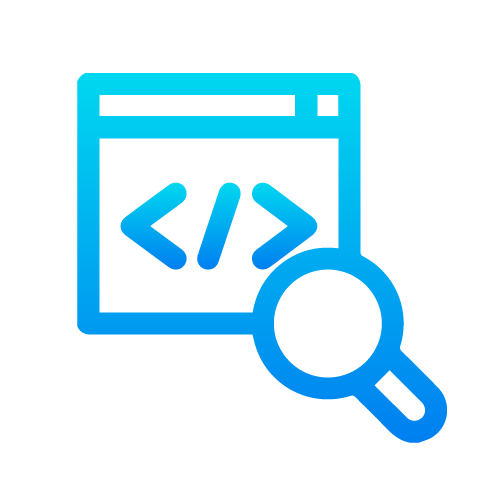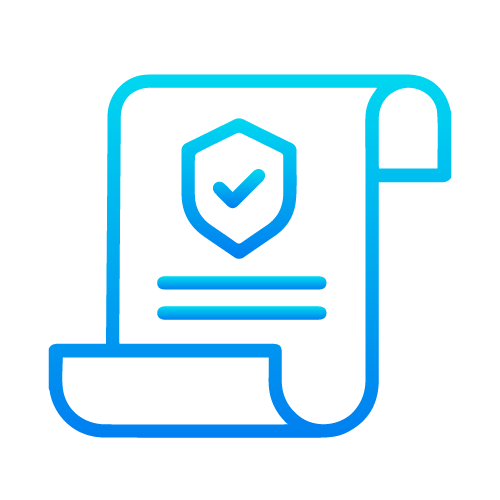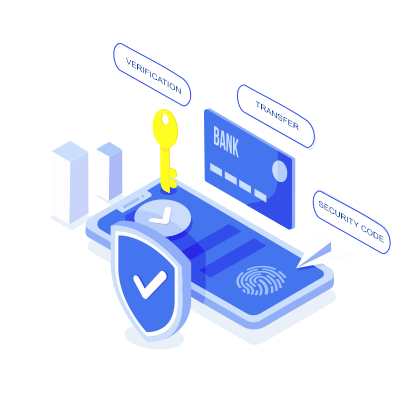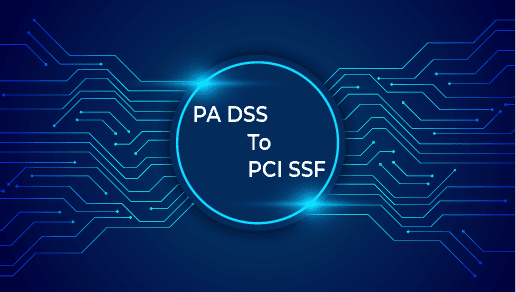Our Approach to PA-DSS Advisory and Certification

Scope Definition
We spend significant time with your senior management in Scope Definition which includes timelines, responsibilities, and budget for the implementation.

Gap Analysis
We conduct an “as-is” Gap Analysis of your organization vis-à-vis PA-DSS requirements.

Awareness Training
We provide your business and software development team a brief Awareness Training on PA-DSS and discuss their responsibilities and timelines.

Automated Code Review
Our automated code review software checks source code for compliance with a predefined set of rules or best practices. Our analytical methods inspect and review source code to detect commonly known programming bugs.

Standard Code Review
We augment tool-assisted scans with a manual review of the underlying software architecture which cannot be evaluated by tools and especially without special engineering. We follow a proprietary methodology to discover and critique security points of interest relevant to the application’s architecture.

Advanced Code Review
We focus on the underlying frameworks and toolkits the application depends on for critical functions. Our team then reviews the functional and non-functional behavior of these frameworks, model information flow, component interaction, and communication paths to detect weaknesses in the framework.

Custom Code Review
We conduct both automated and manual vulnerability assessments d in an Advanced Code Review and further explore attack surfaces and frameworks. This level of analysis is ideal for high-risk, business-critical software that cannot afford even low-severity security vulnerabilities.

Assess & Scan
Our team assesses and scans your web application to accurately identify vulnerabilities like an attacker. Using the top-end commercial tool and an in-house developed semi-automatic assessment portal, we ensure the possibility of false-positive or false-negative is the bare minimum.

Remediation
As we believe it is just as important to fix bugs as it is to find them, our consultants provide you with a document outlining remediation guidance. We further support your team for queries during the actual remediation of weaknesses.

PA-DSS document set
With all data in hand, our team then creates the document set as per PA-DSS requirements. Your inputs are required ONLY to validate the same.

User Training
Our expert conducts a User Training program for business personnel and the software development personnel for applications covered in scope in their specific responsibilities. This being an ongoing exercise, the training video shall be recorded and provided to you for future reference and training.

Pre-assessment
After a reasonable gestation period, a separate team of experts conduct a Pre-assessment of your setup.

Certified with external auditors
Once all controls are confirmed to be in place, we help you get certified with our dedicated and duly separated team of auditors for PA-DSS.

Continual Support
We can provide you continual support (Managed Compliance Services) and help you stay compliant.


